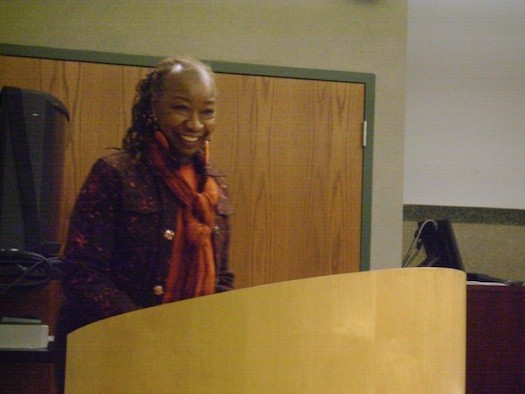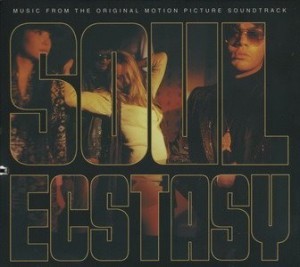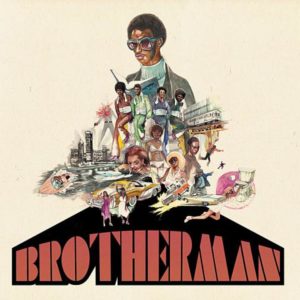Ethel Smith wrote “Come and Be Black For Me” for The Baltimore Sun several years ago. When she shared this article with the Museum of UnCut Funk I could definitely relate, as I too have been asked once a year to do “something” for Black History Month. I hope you enjoy reading this.
MORGANTOWN, W.Va. — I’m glad February is almost over. It’s during this month that everyone is looking for me — or anyone who can come and be black for them.
I’m the only African-American professor in my university department of 50 faculty members. I reside in a world that is predominantly white and male: a land-grant state university with about 20,000 students, 5 percent of whom are African-Americans.
During February, my mailbox is overflowing. Most of the mail wants me to represent ”my people” for some worthwhile organization during the month of February and February only. Sometimes the tone is pleasant. I generally accept those. Most often the tone is not pleasant.
I group the mail into categories of ”accept for sure,” ”decline for sure,” ”maybe” and ”I’ll get back to you.” I’ve had letters that point out (if not in so many words) that their tax dollars pay my salary and they rightfully deserve a piece of me. The least I can do, these letters imply, is come and be black for them. I dump those requests in my recycling bin.
Book-club meeting
I also get numerous calls. A pleasant woman from the arts council needed someone to attend her luncheon book-club meeting at her house. Her group is thinking of including a black writer on its reading list next year. I accept her pleasant invitation. It doesn’t conflict with my calendar. I can be black that Wednesday.
Someone knocks on my door. A graduate student, white male, wants me to be a member of his thesis committee. A portion of his writing will be on the impact of contemporary African-American women authors on American literature. He’s a good student. I accept and thank him for thinking of me. I want to know when I can expect some of his work.
Another student drops by. She is African-American and can’t decide if she’s angry with me or not. Last semester I thought she was being self-righteous (as I think many students are) when she screamed at me in class for selecting a novel whose protagonist, a black man, was married to a white woman. The student said that the protagonist wasn’t really black because he was married to a white woman. I blew up at her in class and asked her who made her God of Blackness? I don’t think I apologized to her. She wants to talk about what to do with the rest of her life. I suggest improving her grades. She leaves before I can thank her for coming.
I get back to sorting the mail. Five more organizations have submitted requests for me to come and be black.
Another knock on my door. It’s two white students, male and female, from last semester’s African-American literature class. They (well, he, since the male speaks for the female) liked my class and learned a lot, but thought they would offer me some advice.
He tells me that the black kids, all four of them, wanted to speak too much in class when I asked for comments or specific questions about the text. I remind them that everyone was given ample opportunity to speak. The student tells me that it was also annoying that ”they” always sat together. I point out that all the white students sat together as well. My two visitors leave.
Someone else knocks on my door. It’s my colleague whose office is down the hall. He calls himself a folklorist. He, too, wants me to come and be black for his group.
Another colleague drops by. A white male who’s fascinated by Africa wants me to know that if I have any interest in going to see my homeland, he is the man to help me get there. I tell him that Alabama is my homeland.
My boss comes by next. He wants me to be a part of a new task force on diversity. I accept and thank him for thinking of me.
I have to get home. It’s nearing the end of come-and-be-black-for-me month and I need my rest.
Ethel Morgan Smith teaches at West Virginia University. She is a contributor to a forthcoming anthology, ”Honey, Hush! African-American Women’s Humor.”
Copyright Ethel Morgan Smith





